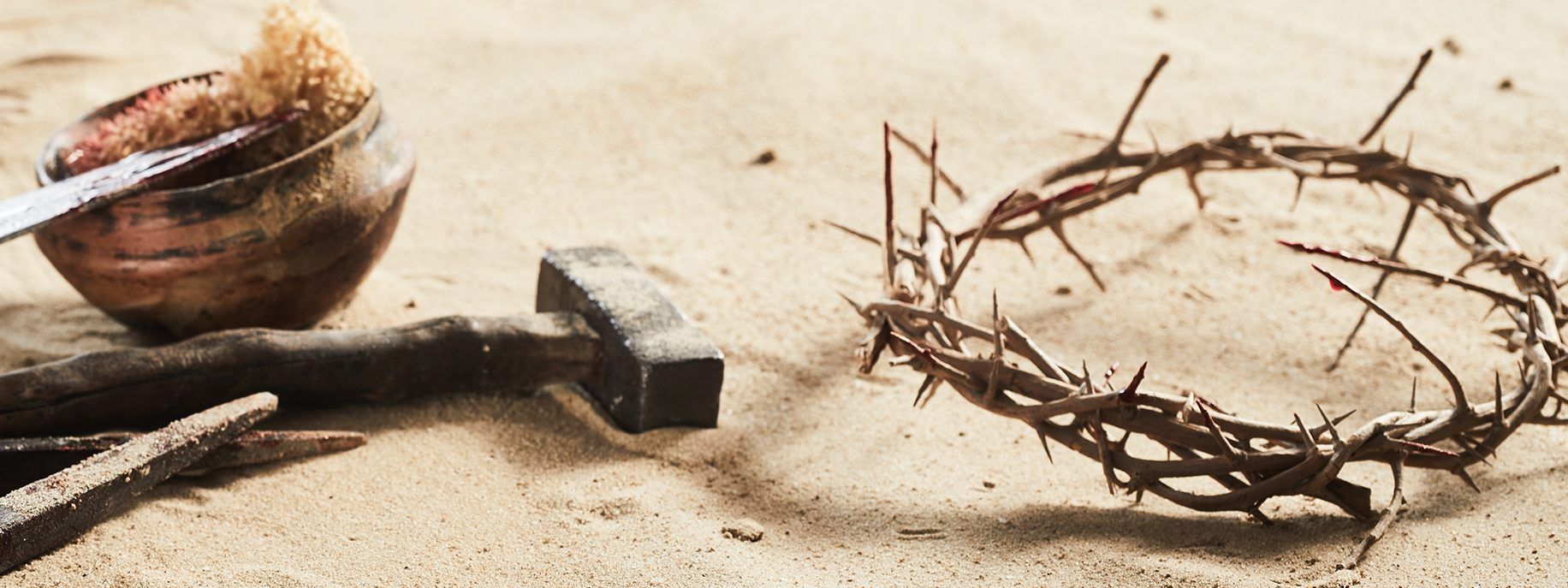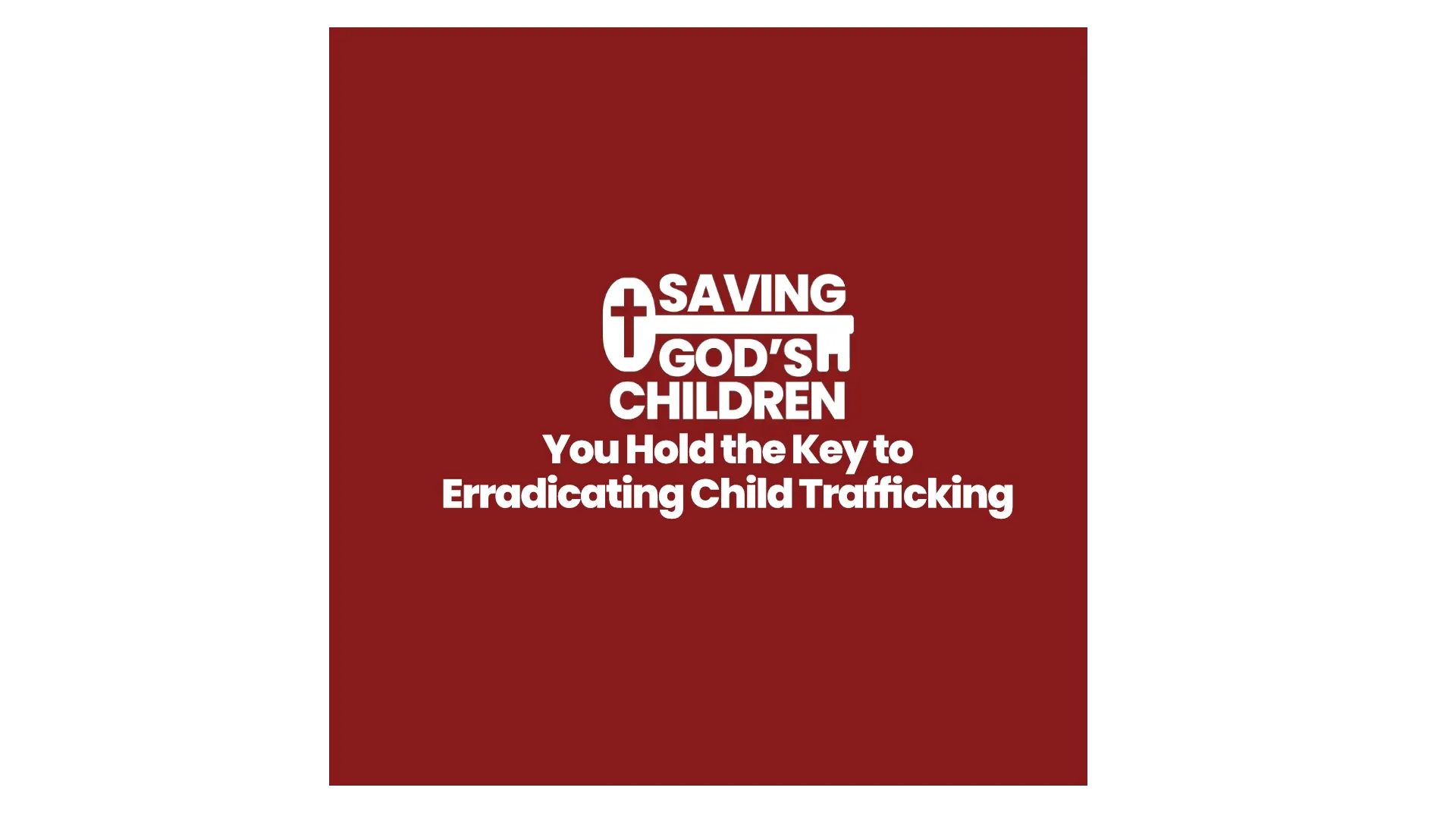Sufferings of Christ

“And he took with him Peter and the two sons of Zebedee, and began to be sorrowful and very heavy. Then saith he unto them, My soul is exceeding sorrowful, even unto death: tarry ye here, and watch with me” (Matthew 26:37–38). Jesus was under so much stress that the capillaries in his sweat glands began to bleed.
“Then did they spit in his face, and buffeted him; and others smote him with the palms of their hands” (Matthew 26:67). After Jesus was arrested, he was then taken before the Jewish council. There he was blindfolded, mocked repeatedly, and spat on. How would you or I stand up against this type of abuse?
“And when they had bound him, they led him away, and delivered him to Pontius Pilate the governor” (Matthew 27:2). The next morning, Jesus—battered and exhausted—was taken before Pilate. After he was interrogated, Pilate asked the people who they would rather set free: Jesus or Barabbas.
“The governor answered and said unto them, Whether of the twain will ye that I release unto you? They said, Barabbas. … Then released he Barabbas unto them: and when he had scourged Jesus, he delivered him to be crucified” (Matthew 27:21, 26). Roman scourge had the victim stripped of their clothes and then stretched against a pillar or bent over a low post where their hands were tied. The whip that was used had a wooden handle with leather straps, with bits of iron or bone attached. This would ensure that the beating would be severe. Mosaic law required that the one being beaten receive forty lashes. Jesus withstood this beating so that Isaiah 53:5 could be fulfilled:“But he was wounded for our transgressions, he was bruised for our iniquities: the chastisement of our peace was upon him; and with his stripes we are healed.”
Jesus suffering wasn’t over. After He was beaten, we read in Matthew 27:28–29: “And they stripped him, and put on him a scarlet robe. And when they had platted a crown of thorns, they put it upon his head, and a reed in his right hand: and they bowed the knee before him, and mocked him, saying, Hail, King of the Jews!” Little did they know that someday they will bow before Him and call Him King of Kings and Lord of Lords. We read in verse 30: “And they spit upon him, and took the reed, and smote him on the head.” The crown of thorns was driven into His head. More punishment and humiliation, more name-calling followed. But Jesus continued to endure this treatment. Could you?
In verse 31, we read: “And after that they had mocked him, they took the robe off from him, and put his own raiment on him, and led him away to crucify him.” Now they lead Him to Golgotha, but the punishment that Jesus had endured was too much for Him to carry His cross. He fell several times, and was unable to get back up. “And as they came out, they found a man of Cyrene, Simon by name: him they compelled to bear his cross” (verse 32).
When they came to Golgotha, Jesus’ punishment continued. He was given vinegar to drink. It was mingled with gall (gall is a bitter, poisonous herb with a possible narcotic effect), and when He had tasted thereof, He would not drink. When Jesus arrived at Golgotha, He was laid on the ground on the beam of the cross. His arms were stretched out. The iron nails were then driven through His wrists. The cross was then set upright. His feet were extended, and another iron nail was driven through them.
“And they crucified him, and parted his garments, casting lots: that it might be fulfilled which was spoken by the prophet, They parted my garments among them, and upon my vesture did they cast lots” (verse 35). We can only imagine the pain that these nails caused when they were driven into Him. None of us could withstand the punishment that Jesus went through. Verse 39 reads: “And they that passed by reviled him, wagging their heads.” Even on the cross, the soldiers continued to mock Him.
By this point, Jesus must have looked very bad: blood-soaked, His back bleeding badly. He experienced hours of pain and suffering. Jesus was aware of what was happening to Him. He continued to endure this even though He was in intense pain.
“And about the ninth hour Jesus cried with a loud voice, saying, Eli, Eli, lama sabachthani? that is to say, My God, my God, why hast thou forsaken me?” (verse 46). Even Jesus at this point thought that God had forsaken Him. We all experience this as well when suffering comes our way, even though Scripture tells us that God will never leave nor forsake us.
Jesus suffered on the cross so that we could be forgiven of our sins. He paid the price for the sins of the world. He suffered a painful death and rose again so that we can have eternal life with God.
“Jesus, when he had cried again with a loud voice, yielded up the ghost. And, behold, the veil of the temple was rent in twain from the top to the bottom; and the earth did quake, and the rocks rent” (verses 50–51). His work on earth had been completed. The debt for our sins had been paid in full. The way was opened for us to come to God. The curtain was removed, which allows those who will believe in Christ as Savior to come to God.
Do you think you could have withstood this punishment? Would you give your son as ransom for a lost and dying world? None of us would. We read in John 3:16: “For God so loved the world, that he gave his only begotten Son, that whosoever believeth in him should not perish, but have everlasting life.”
If you are not a Christian, I urge you to think about where you will spend eternity. Will it be with God in Heaven? Or will it be with Satan in Hell? Eternity is forever. You will spend it somewhere. The choice is yours to make.



